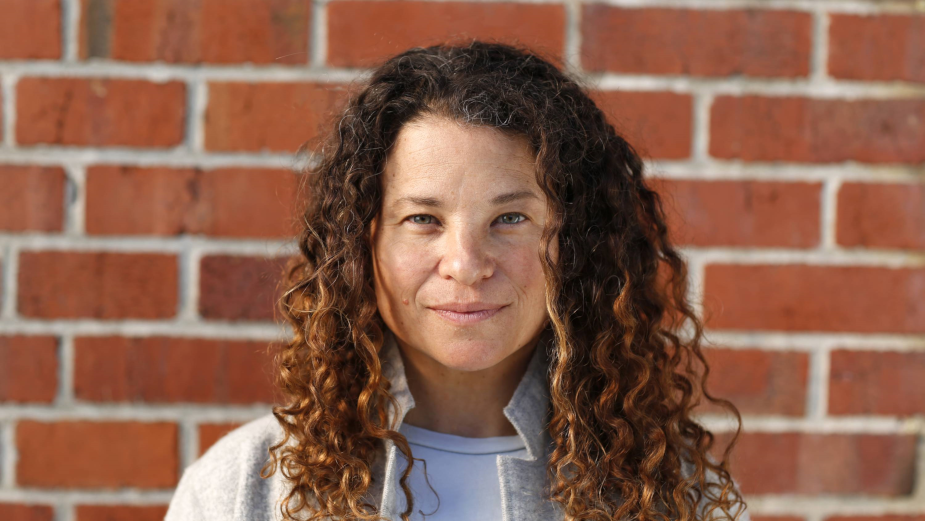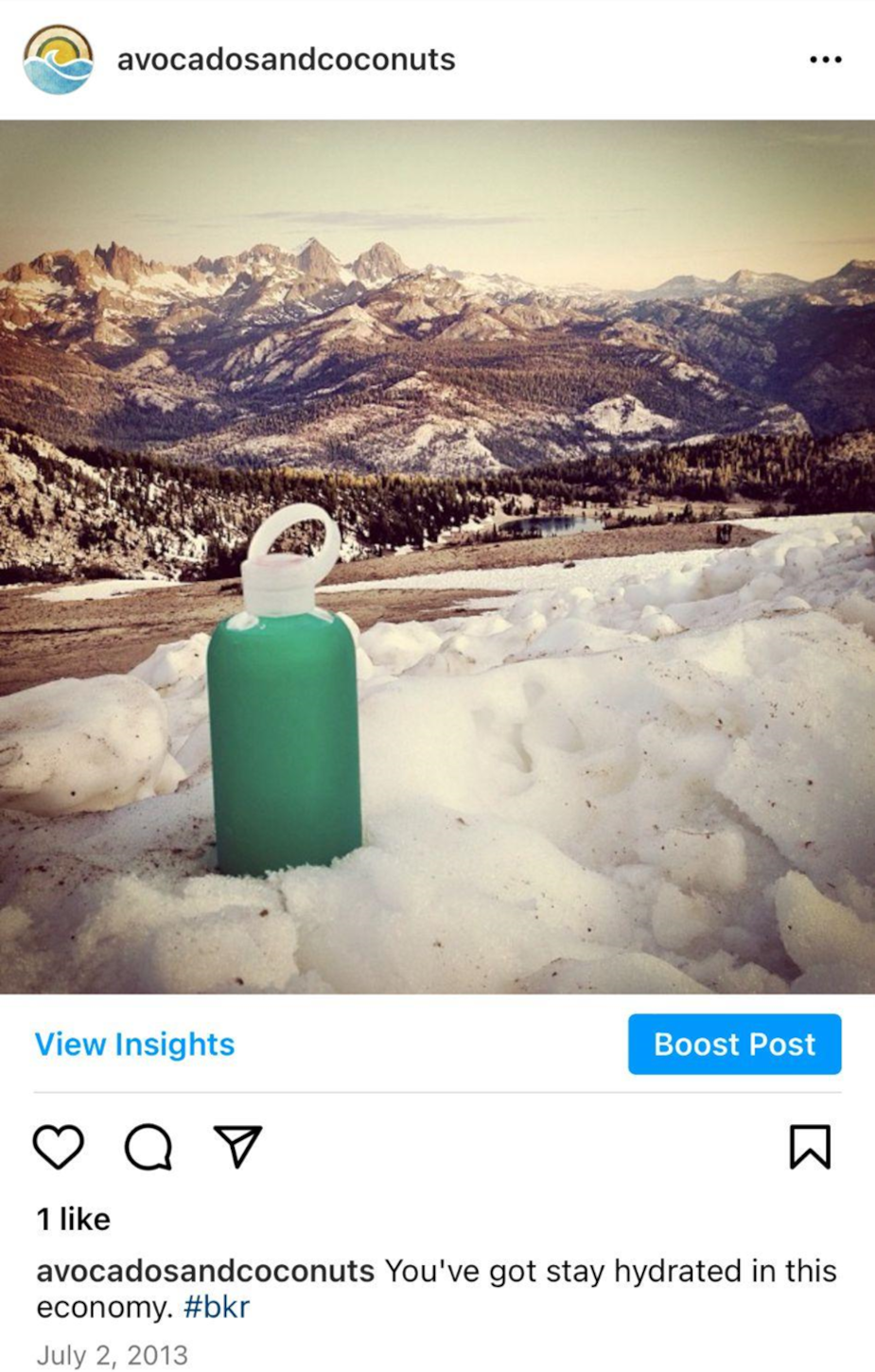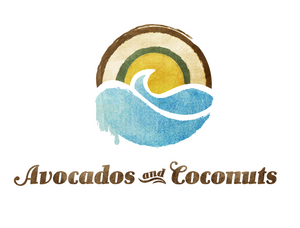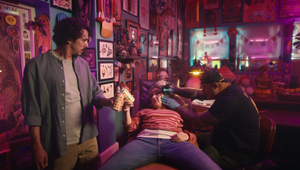
Sustainable Production: Changing Behaviours with Dalia Burde

Dalia Burde is the founder/executive producer of Avocados and Coconuts, a creative production company based in San Francisco.
Dalia and her team have produced documentary features, commercials, and branded content in 32 countries. Their notable clients include Google, Apple, Instagram, Facebook, Adobe, and Airbnb. The company’s short film for Nike, Still KD, featuring Kevin Durant was shortlisted for a 2017 Cannes Lions award.
As a transplant to the US from South Africa, Dalia was previously executive producer at Goodby Silverstein & Partners and senior producer at OgilvyOne Worldwide. Production, however, has always been her north star, having held various production roles on major feature films, including She’s So Lovely, starring John Travolta, Sean Penn, and Robin Wright, and Wes Anderson’s Royal Tenenbaums.
LBB> Can you tell us about your own personal journey when it comes to getting involved in sustainable production - how did you get started and where has that journey taken you?
Dalia> There are certain things that keep me up at night, and one of them is sustainability. I spend my free time in the ocean and have seen it degrade over the years with microplastic in addition to it being unsafe to swim because of water quality levels. I started looking at how much landfill waste that I – and others – were generating; waste that stays there forever and never goes away. Multiply that by everyone on this planet and it gets dark real fast. It was a scary revelation and my a-ha moment.
While climate change is harder for me to control as an individual, beyond promoting awareness of it, I feel that there are a couple of realistic and achievable changes that can make an impact even on a small scale. What products we use, what waste we create, and what food we buy are achievable changes. In San Francisco, we are fortunate to have one of the best programs in the world when it comes to composting and recycling. We’re way ahead of the curve and it feels incredible to live in a place where there’s less stuff in the landfill because, at this point, we can either compost or recycle 80% if not more of our waste. I’m very vigilant at home about it and brought that into how we run our productions.
Being on a set and seeing all the waste that is accumulated, specifically, plastic water bottles – that’s the low-hanging fruit that you can easily do something about. Nine years ago, we banned single-use plastic water bottles on all of our sets. Initially, we had some pushback from clients and crew. Then, we started giving out reusable water bottles – or requesting that everyone bring their own. It took a little time to create new habits, but for the past three or so years, this has been a seamless practice. All the crew who work with us know that they have to bring their own water bottles. In addition, we compost 50% of our trash on set and recycle at least another 30%. It’s nice at the end of the day to see how much less waste we generate.
LBB> What are the conversations that clients are having with you about their desire to reduce the carbon footprint and environmental impact of their content production?
Dalia> It happens too rarely in my opinion. In the past decade, only two clients have mentioned wanting to reduce their carbon footprint or were aware of being a green set. It is almost never raised on the client-side. Traveling to shoot locations and having extra bodies on set are also wasted resources – extra food, extra waste, extra emissions we’re burning. No client (yet) has ever come to us with a true mandate. Perhaps they don't view the footprint when thinking of productions.
However, this is what we do day in and day out, so we are ultimately aware of the ways we can improve and we try to green our productions as much as possible. Maybe one day, we can get brands to sign on to a standard green production pledge and change habits in the process. I’d love to see that happen!
LBB> Speaking generally, how do you tend to approach assessing and minimising the footprint of the productions you are involved in -and is this something that is built into your processes?
Dalia> Waste rears its head in all forms. When it comes to minimising the footprint of people, we strongly believe in only having the right number of decision-makers on set. Again, excess people usually mean more traveling and more emissions – and wasted resources on set. We keep our productions to those people who need to be there to get the job done.
LBB> To what extent do you think the advertising and production world will retain and build on the lessons learned during the pandemic?
Dalia> This was a huge opportunity for all of us especially in realising that so much travel waste doesn’t need to happen. We have clients today who ask us to shoot things remotely. Remote viewing by clients and agencies is here to stay. The biggest change is understanding the balance of what’s really needed. Clients understand this can be beneficial and hopefully, they’re making these decisions with a sustainability mindset versus a budget mindset because budgets are flexible but our climate issues are not.
LBB> What have you been finding are the most useful tools, resources and partners for reducing environmental impact/carbon footprint of productions?
Dalia> For our productions, we register with Copia, a food donation and recovery service. At the end of every meal, we take stock of what meals haven’t been eaten. They’re tagged and then Copia comes to pick up the leftovers to give to local non-profits in need.
Another way we’re reducing waste is through an app we have in Beta called Wrap that takes real-time data for pre-production and production processes and updates schedules, travel times, call sheets, etc. Production crews have relied way too heavily on printing on paper, like endless copies, which quickly end up trashed or lost. We felt the need to get all this pertinent information into the hands of everyone on set in the most accessible way: Your phone. So, we developed an app that will work on your phone or iPad. Our goal is to not only keep everyone informed of any changes in real-time, making it smarter than paper but also to reduce any unnecessary waste in the process.
LBB> How is sustainability being built into your training and development for members of the production team?
Dalia> In emails, call sheets, and via our app, everyone gets messaging and updates. We have PAs and coordinators on set who are pointing clients and crew to the right places for trash and composting, etc. Our regular crew and caterers all know where things go. We have notifications built into our app, which allows us to communicate in real-time with the full crew. Also, we made a feature called 'Fun Facts' that sits on the dashboard of the app. We populate this with interesting facts related to recycling and waste composting. We figure if it is top of mind, then perhaps it will change behaviour.
LBB> At a recent Ad Net Zero event, Mark Read at WPP said that in total just 3% of the footage shot ends up on screen - does this signify huge wastage and the need for greater efficiencies in the production and craft or do you have other thoughts on this stat?
Dalia> There is something to digital waste as well. Fifteen-plus years ago, when we were shooting on film, we were very aware of waste because it translated directly to cost. With the amount of time to go through footage from an editorial perspective, we are burning resources on the monetary side. However, we do store and back up everything we shoot. So, when you’re overshooting, you are buying more hard drives and taking up more space. I think there is a trickle-down effect – and we can be better about finding more efficiencies in production and on-set. When the editors are going through footage, we should trim out the extra waste. Another thing is, when possible, we upcycle unused footage for other projects.
LBB> To what extent is the social or community impact of a production an important part of the sustainability conversation?
Dalia> It should be shared more openly with bragging rights. Let’s draw attention to the changes being made on set and create an incentive for others to follow. People should gloat more about their green practices, reaching a broader audience. For example, when you’re serving meals that are sustainably grown, there’s a huge impact on sustainability in terms of agriculture, or when you have 80% less waste on-set, that’s something to be shared. Hopefully, we get sustainability in production to trend – it’ll be a good thing for everyone, especially if the conversations are educational and inspirational instead of condescending.
LBB> Can you share some examples of projects you’ve worked on where you feel that the carbon footprint and sustainability were tackled in interesting or effective ways?
Dalia> A few years ago, we did a couple of projects for Hipcamp where the whole crew camped, embedding ourselves in the project and capturing the footage. We didn’t spend any money on hotels or gas by driving back and forth to various locations with trucks. We kept the footprint to only the key personnel. We were not only able to capture great content but also our footprint was significantly lower than your standard production. One of the films was about saving the wilderness, so it felt important that we walk the talk ourselves.
The first production where we provided the entire crew with BKR reusable bottles was a shoot in Mammoth and the Eastern Sierras for Levi’s. It seemed fitting to be so steeped in nature and to make everyone aware of their footprint on it. We had to cart our trash in and out, which also helped raise awareness.
View the Levi’s project.

Whenever possible, we use renewable energy sources. We use Goal Zero generators, which can be charged at our studio and run on clean energy or by solar panels instead of being gasoline-powered. With more lights now being LEDs, we can also draw less electricity. These all have a big impact on the environment.
LBB> What advice would you give to anyone working in production, whether for production company, agency or brand, who is struggling to get buy-in from their clients and colleagues on sustainable production?
Dalia> Start small first - little things can all add up. Waste, sustainable food, and carbon footprints are pretty easy places to start. For carbon footprint purposes, don’t send unnecessary people to set because it’s not environmentally sustainable. Think about who your key decision-makers are and who needs to be there in person. Often, this will not only make the set greener but make the production cheaper. Get buy-in on reusable water bottles on-set; this should be non-negotiable. We ourselves travel everywhere with small battery-operated water pumps with large five-gallon water containers. Speak with clients about carbon offsets – and how to balance their carbon emissions in other ways.
When looking through the sustainability lens, there are many small changes that don’t degrade production. We don’t pass these hard costs onto our clients. If the clients are more aware of their impact, then hopefully, they can ask their next vendor to do the same. We can educate clients on different things we’re doing and ask them to pay attention to their next productions, so they can implement those same things. Most often, it costs nothing except a moment of your time – a little awareness and maybe a slight momentary inconvenience. These changes matter – start making them as a baseline, and then perhaps we can slowly start to tackle the larger changes.













